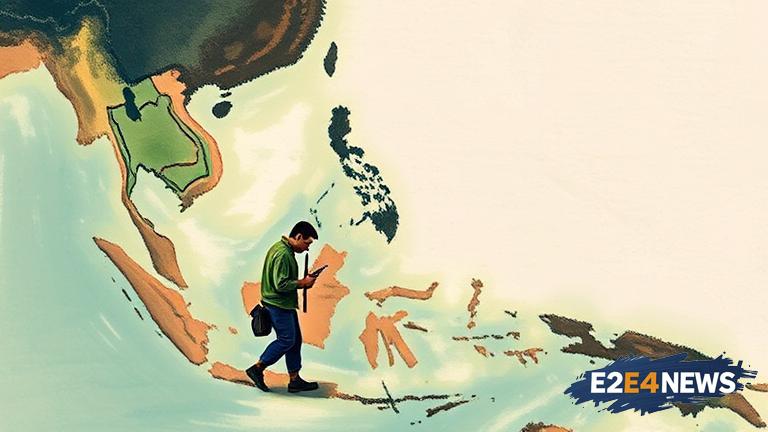The Trump administration’s recent decision to cut US foreign aid to Southern Thailand has sparked widespread concern among regional experts and diplomats. The move is seen as a significant shift in US policy towards the region, which has long been plagued by insurgency and violence. Southern Thailand has been embroiled in a decades-long conflict between the Thai government and separatist groups, resulting in thousands of deaths and displacements. The US has historically provided significant financial and military aid to the region, aimed at promoting stability and combating terrorism. However, the Trump administration’s decision to cut aid has raised questions over the region’s future stability and the potential for increased violence. The cuts are part of a broader effort by the Trump administration to reduce US foreign aid spending, which has been a hallmark of the president’s ‘America First’ policy. Critics argue that the move will embolden separatist groups and undermine the Thai government’s efforts to negotiate a peace settlement. The region’s instability has significant implications for regional security, with concerns over the potential for terrorist groups to exploit the power vacuum. The US has long been a key player in regional efforts to promote stability and combat terrorism, and the aid cuts have raised concerns over the potential for a power vacuum. The Thai government has expressed disappointment over the decision, citing the importance of US aid in supporting regional stability. The move has also been criticized by human rights groups, who argue that the aid cuts will exacerbate the region’s humanitarian crisis. The conflict in Southern Thailand has resulted in significant human rights abuses, including forced disappearances, torture, and extrajudicial killings. The US aid cuts have also raised concerns over the potential for increased violence against civilians, who have borne the brunt of the conflict. The region’s instability has significant economic implications, with the conflict disrupting trade and investment in the region. The US has historically been a key trading partner for Thailand, and the aid cuts have raised concerns over the potential for decreased economic cooperation. The move has also been criticized by regional experts, who argue that the aid cuts will undermine efforts to promote economic development and reduce poverty in the region. The conflict in Southern Thailand has significant regional implications, with concerns over the potential for the conflict to spill over into neighboring countries. The US has long been a key player in regional efforts to promote stability and combat terrorism, and the aid cuts have raised concerns over the potential for a power vacuum. The Thai government has expressed concerns over the potential for increased violence and instability in the region, citing the importance of US aid in supporting regional stability. The move has also been criticized by international organizations, who argue that the aid cuts will exacerbate the region’s humanitarian crisis. The conflict in Southern Thailand has resulted in significant displacement and human rights abuses, and the aid cuts have raised concerns over the potential for increased suffering for civilians. The US has historically been a key player in regional efforts to promote human rights and combat terrorism, and the aid cuts have raised concerns over the potential for a decline in regional stability. The region’s instability has significant implications for global security, with concerns over the potential for terrorist groups to exploit the power vacuum. The US aid cuts have also raised concerns over the potential for increased violence against civilians, who have borne the brunt of the conflict. The move has also been criticized by human rights groups, who argue that the aid cuts will exacerbate the region’s humanitarian crisis.
